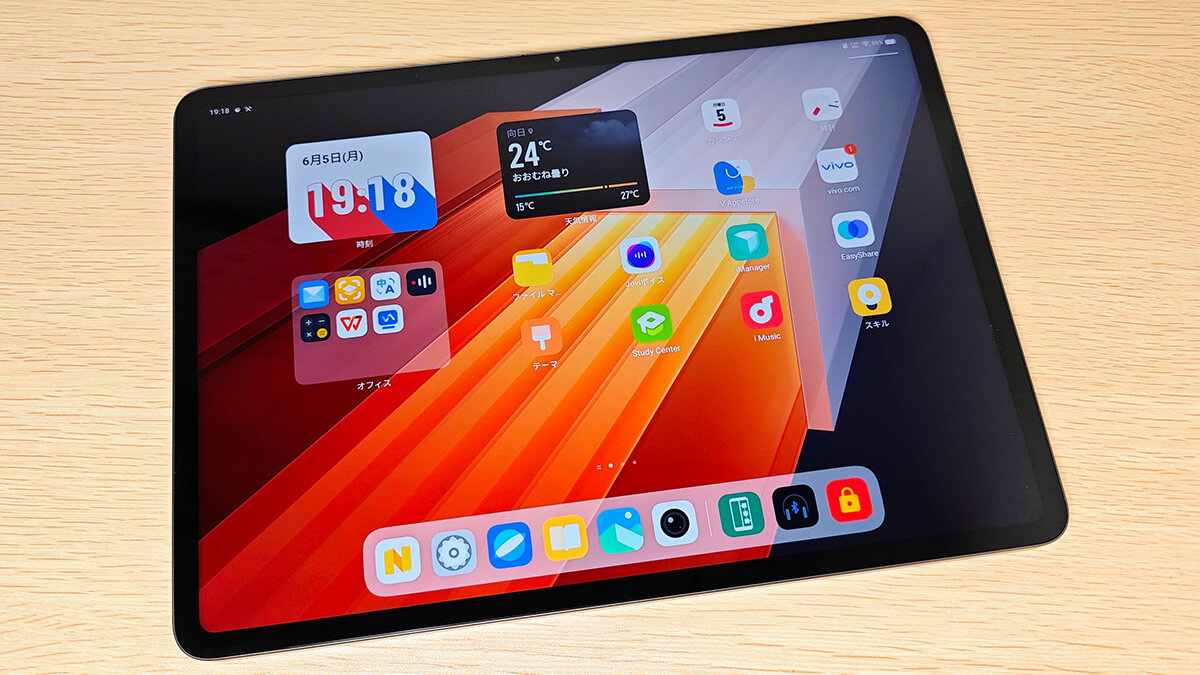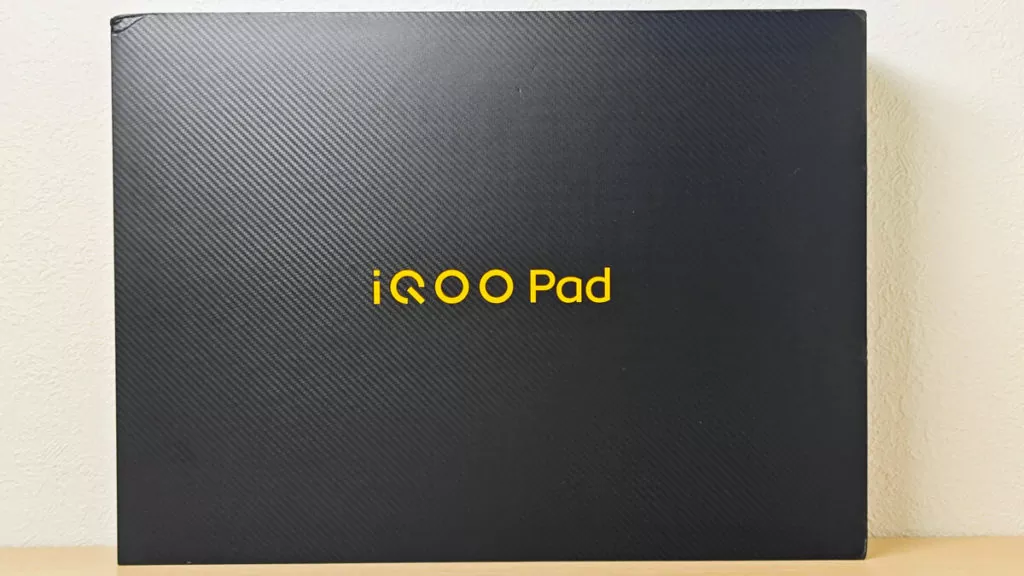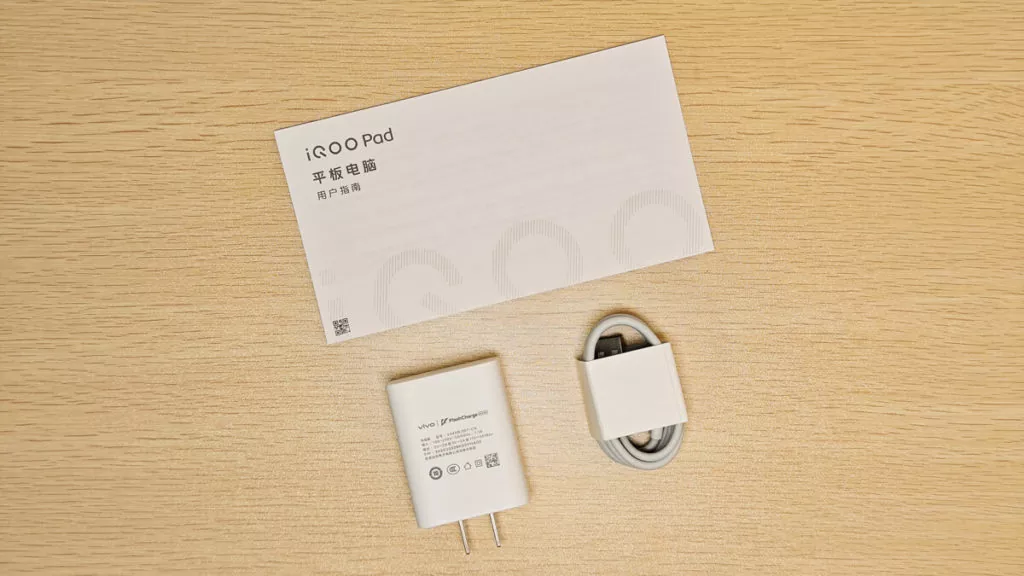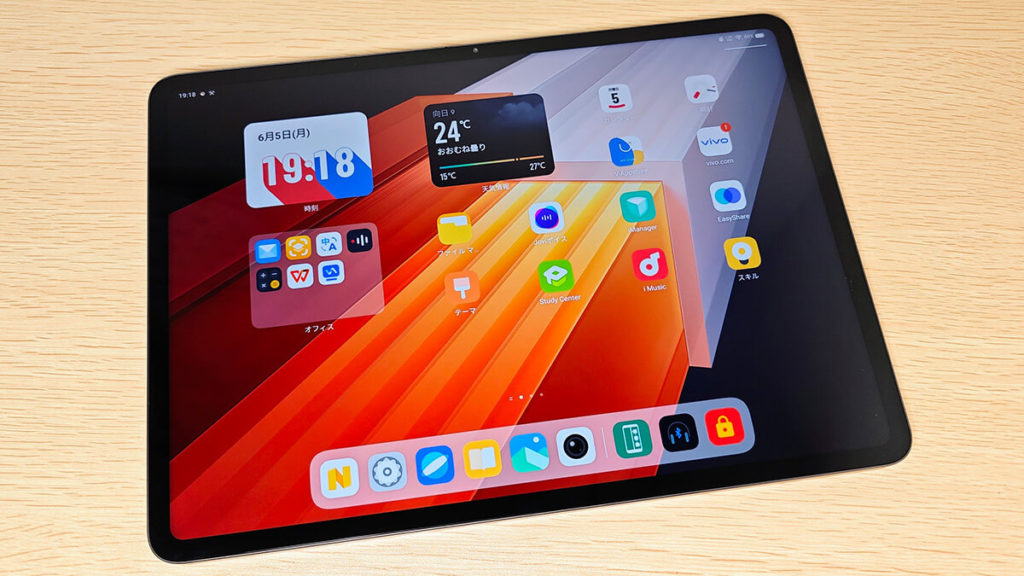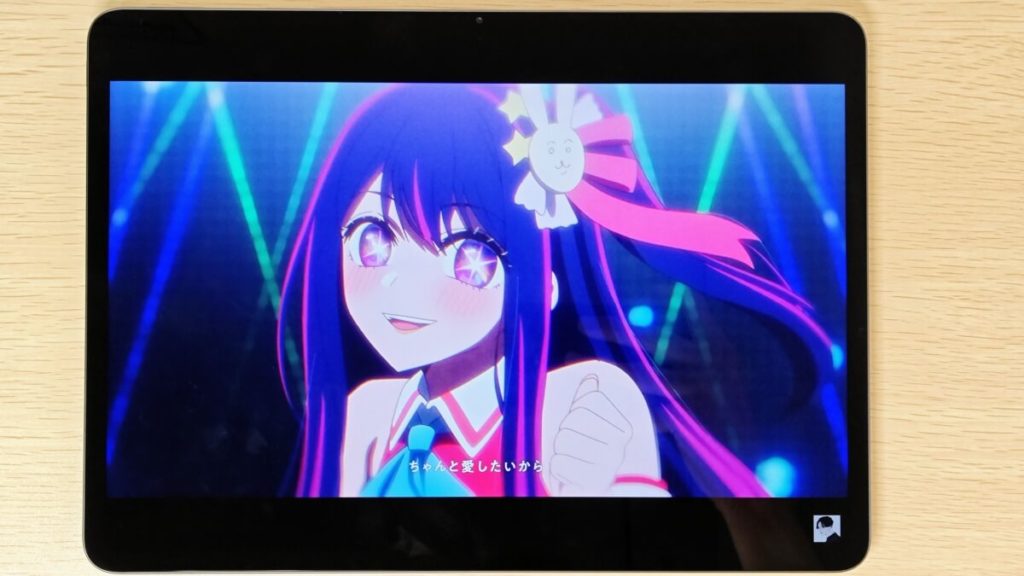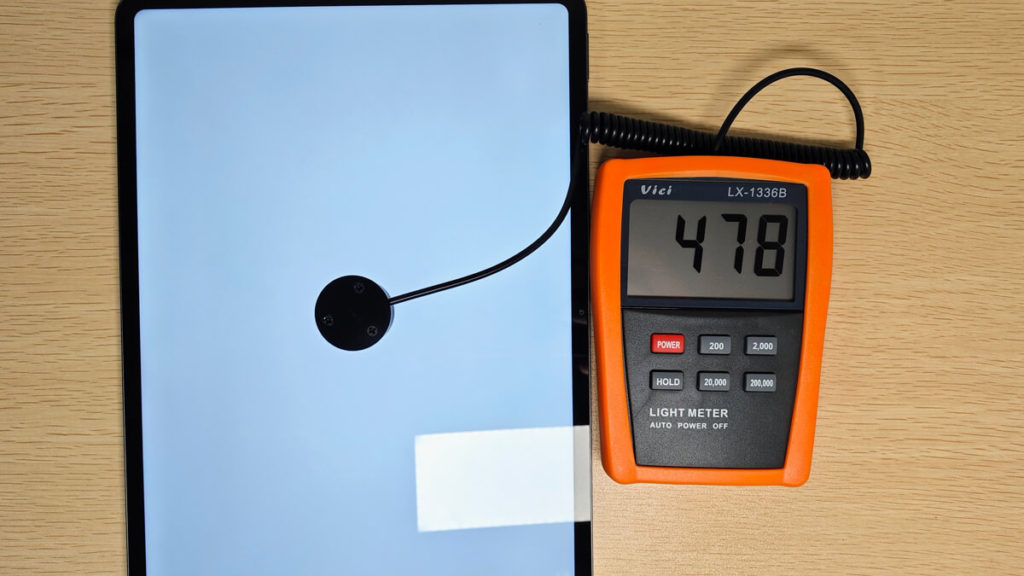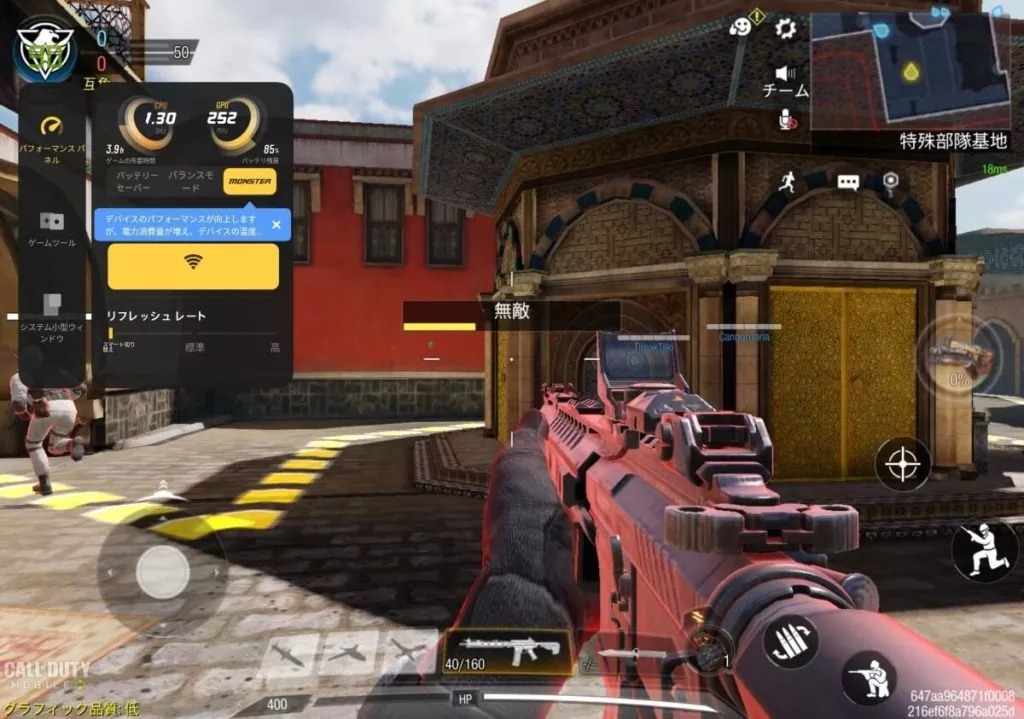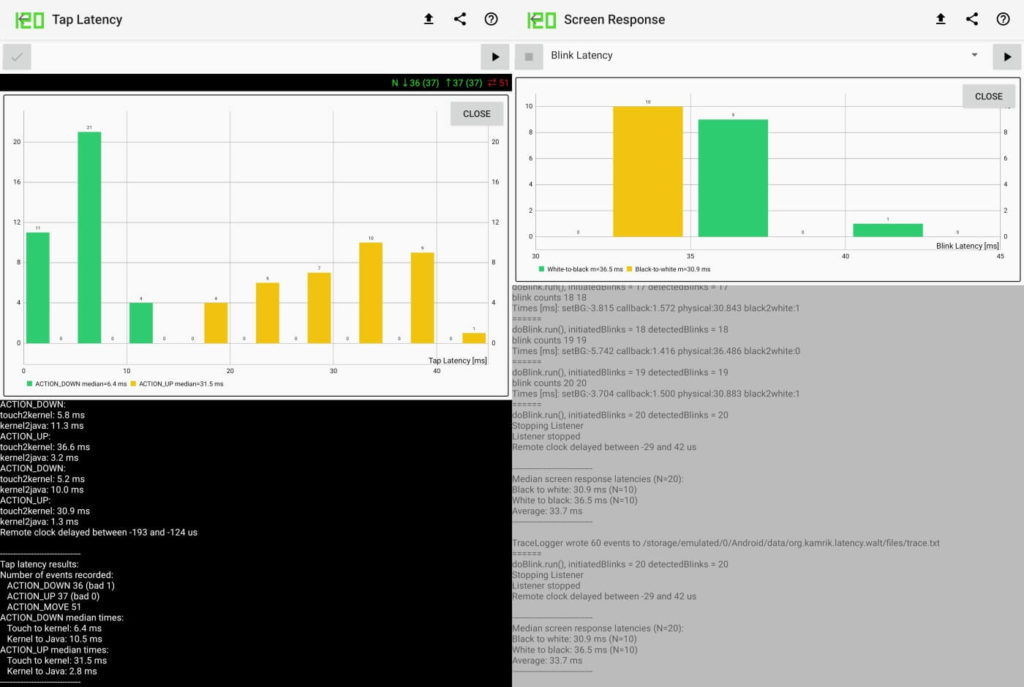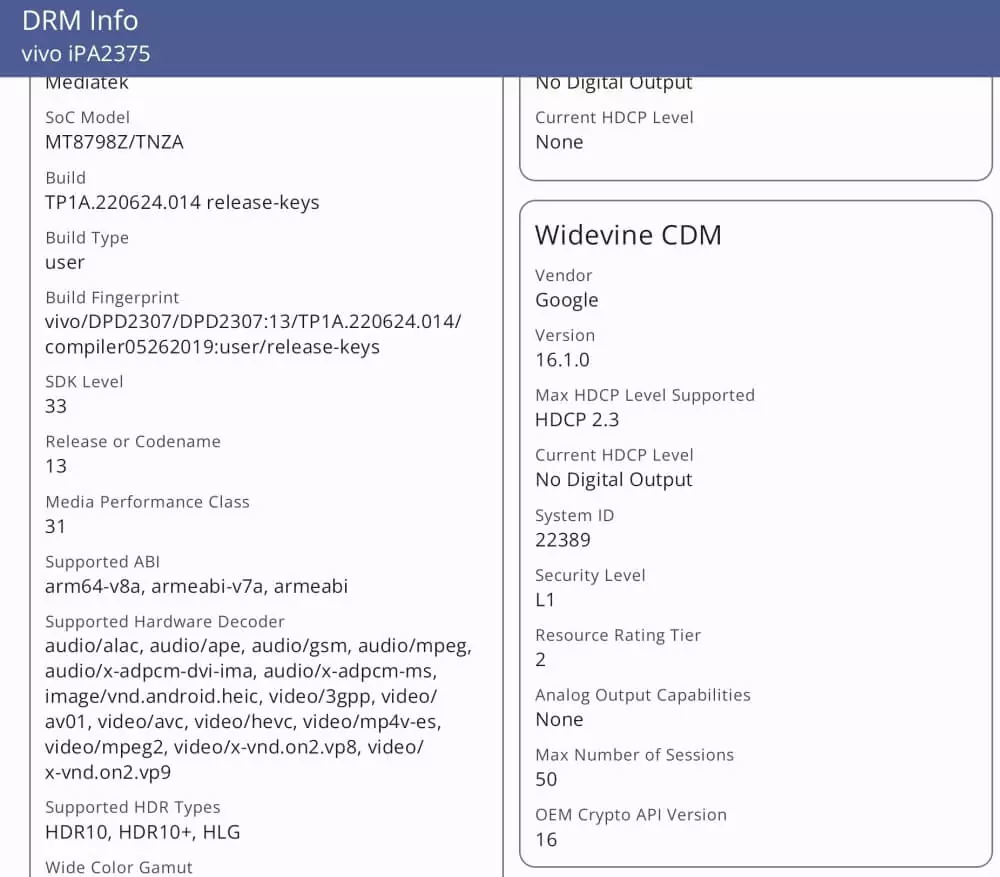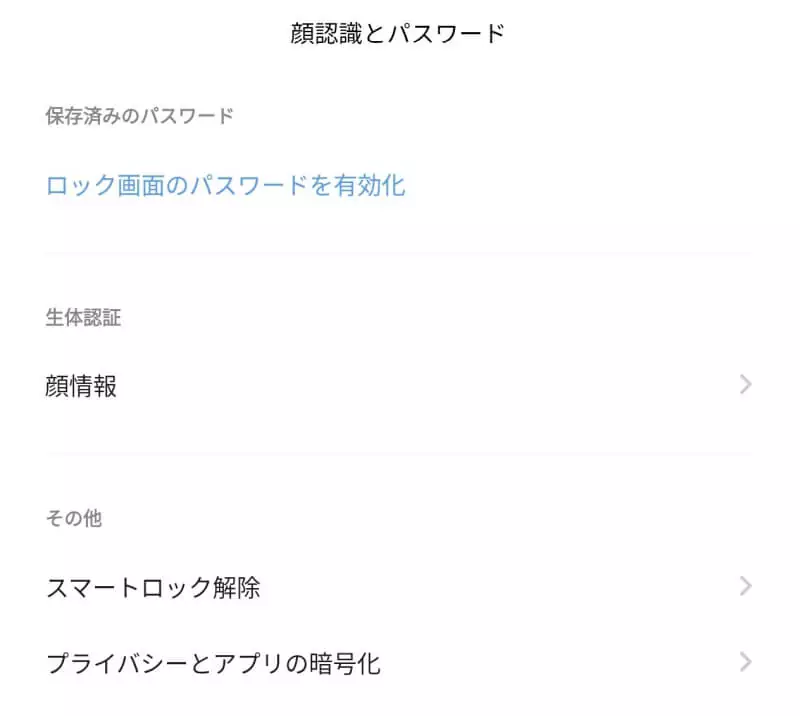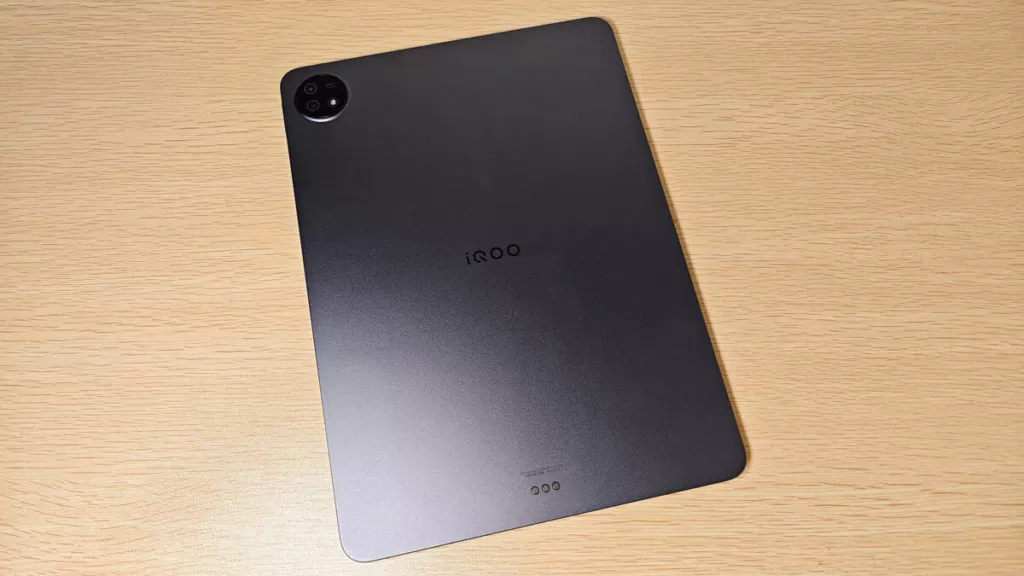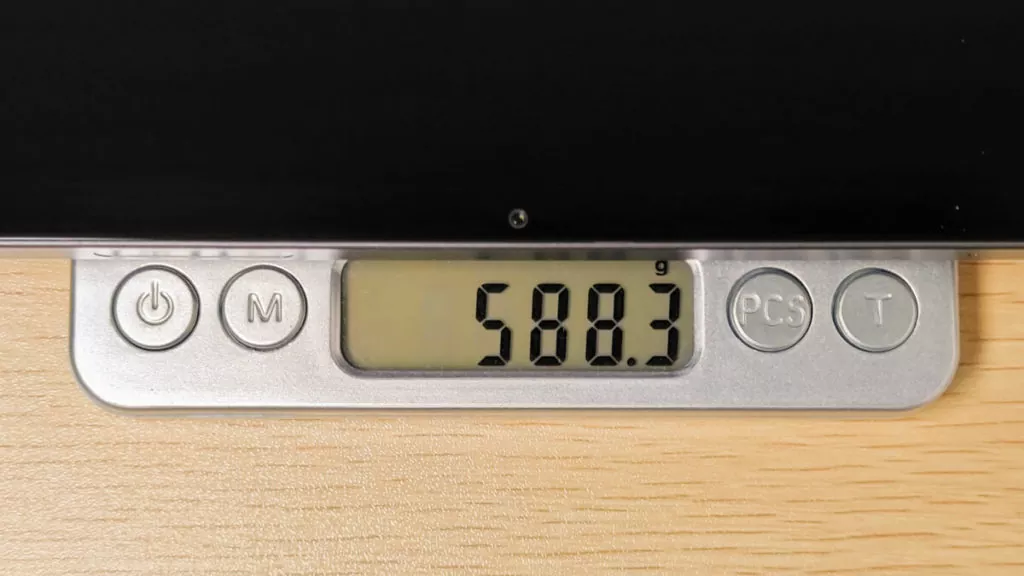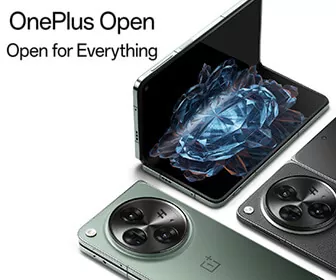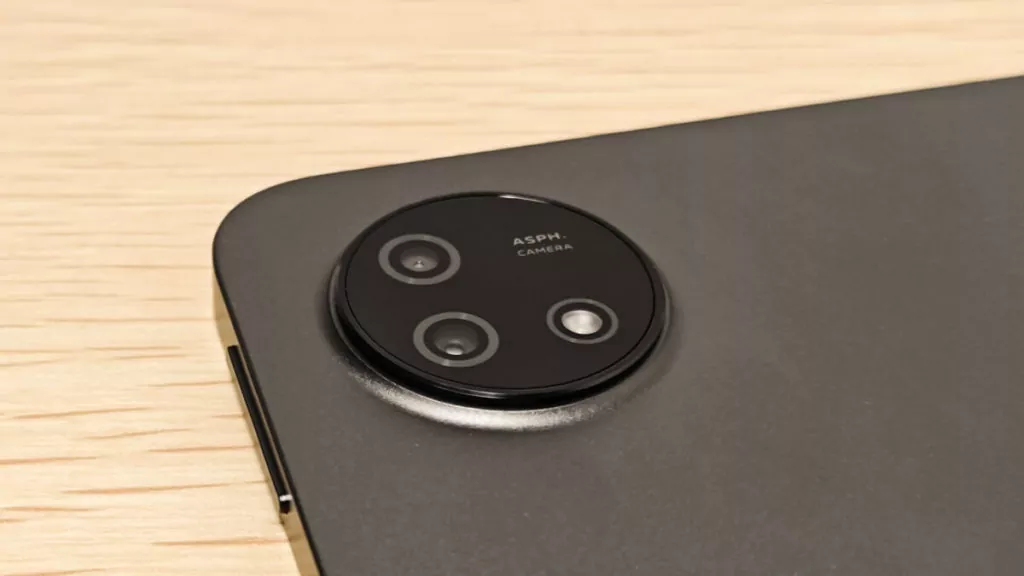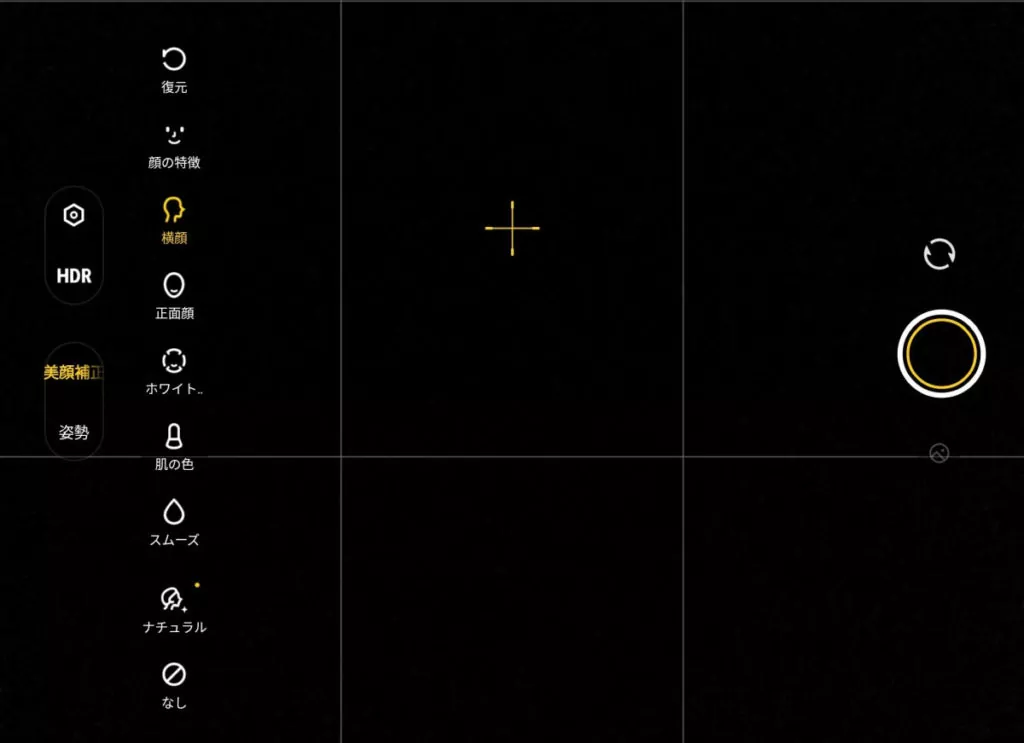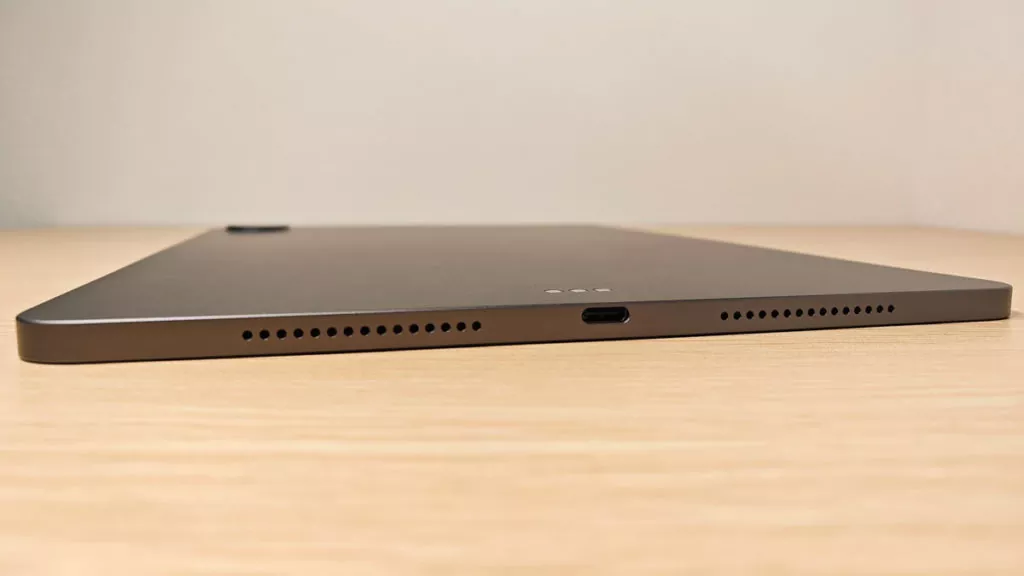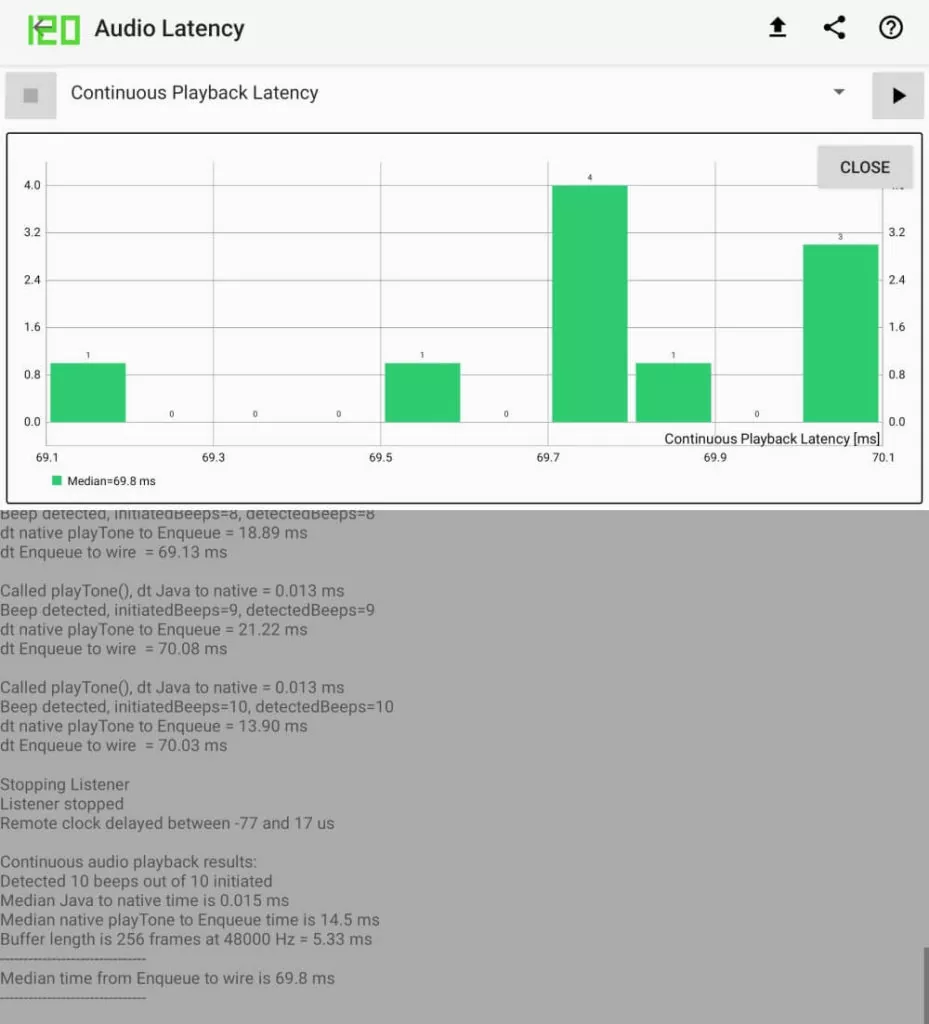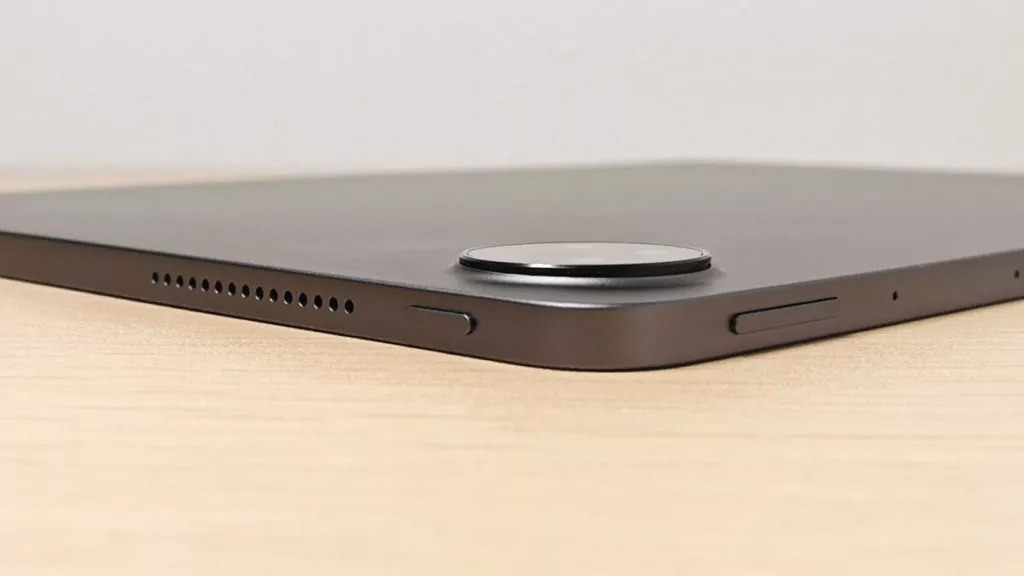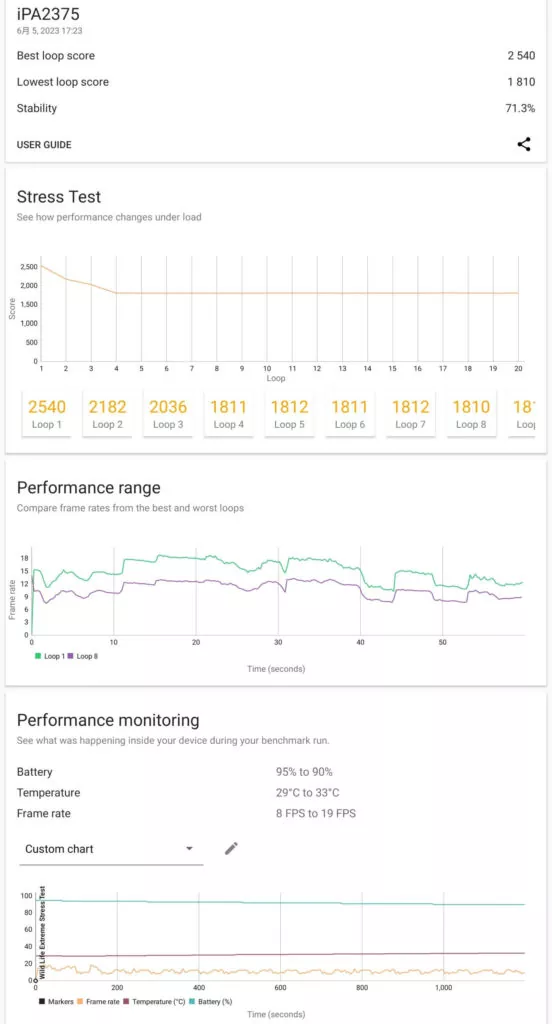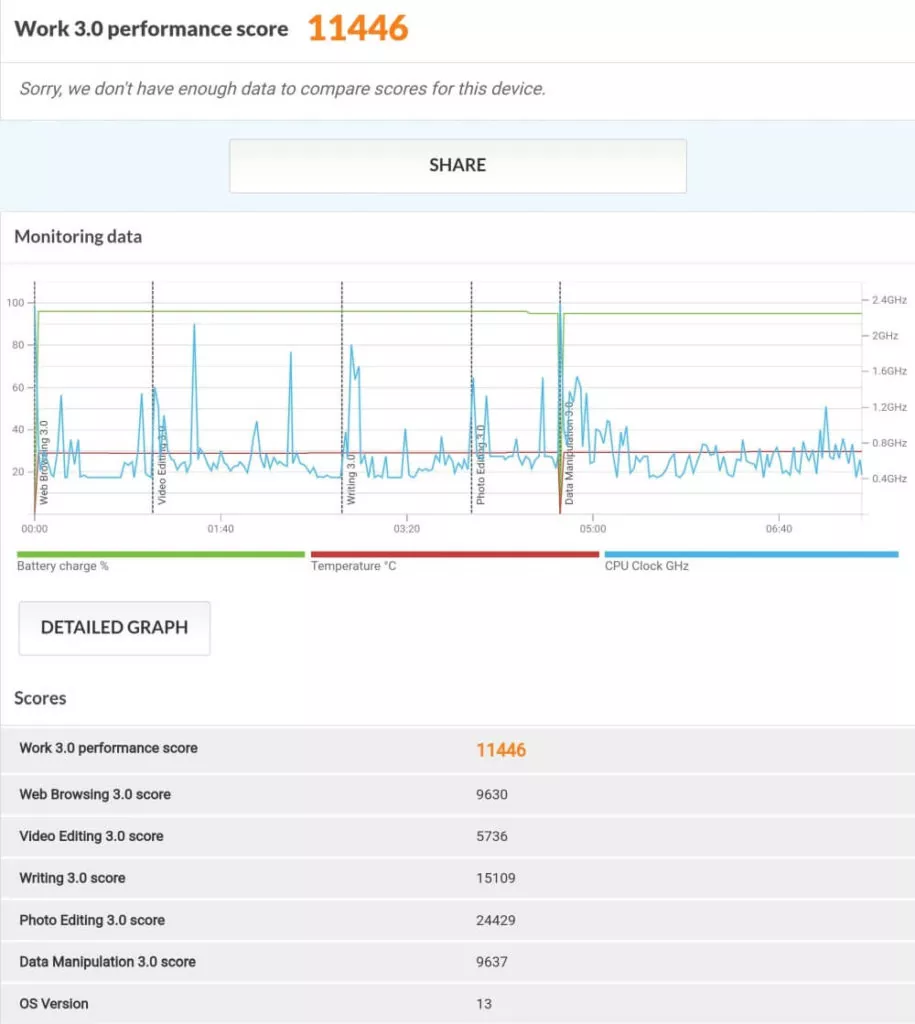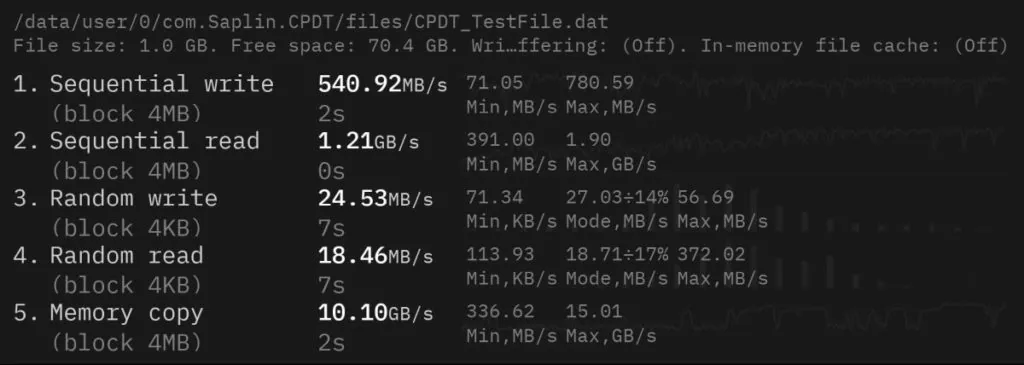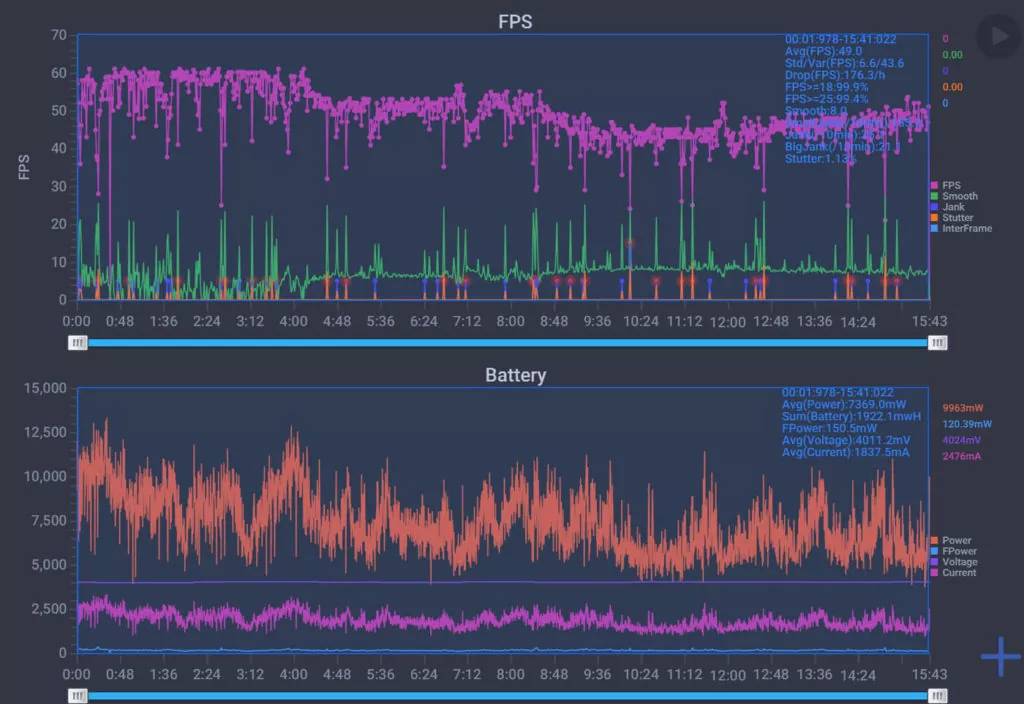Rating: 4
I purchased a vivo iQOO Pad.
iQOO’s first tablet
The iQOO Pad is a high-end Android tablet powered by MediaTek Dimensity 9000+.
It is the first tablet under vivo’s iQOO brand and is almost identical to the vivo Pad 2. The firmware is also almost identical internally to the vivo Pad 2.
This review is done on the 8GB+128GB version, DPD2307_A_13.0.12.25.W10.V000L1.
- Large display area for its size at 7:5
- Supports 120Hz refresh rate
- Six speakers
- 10,000mAh battery
- USB 3.2 Gen 1 port
- Difficult to achieve stable performance
- 144Hz is almost unusable
- Apps are prone to force close
- Video output is strange at the moment
- No fingerprint sensor
- No GPS
| iQOO Pad (iPA2375) | |
|---|---|
| OS | Android 13 |
| RAM | 8GB / 12GB LPDDR5 |
| Storage | 128GB / 256GB / 512GB UFS 3.1 |
| SoC | Mediatek Dimensity 9000+ (MT8798Z/TNZA) |
| Display | 12.1inch FHD+ 2800 x 1968 Aspect ratio 7:5 (4:2.81) 120Hz (144Hz) LCD |
| Size | 266.03 × 191.60 × 6.59mm |
| Weight | 585g |
| SIM | — |
| Rear Camera | 13MP (Hynix hi1336) + 2MP (Macro / OmniVision OV02B10) |
| Front Camera | 8MP (Hynix hi846) |
| Battery | 10,000mAh |
| USB Port | USB Type-C (USB 3.2 Gen1) |
Index
Instructions, charging cable, and charger are included.
The charger is equipped with a USB Type-A port and supports 44W fast charging.
No protective film is attached.
Display: 7:5 aspect ratio for easy viewing of comics, etc.
The iQOO Pad has a 12.1″ 2800 x 1968 resolution display.
The aspect ratio is 7:5, or 4:2.81, which is close to 4:3, which means a larger display area compared to 16:9 or 16:10 tablets of the same number of inches and about the same size.
Websites, for example, can display more information on a single screen, and manga is easier to view with almost no margins in a spread view.
In the video, black bands appear at the top and bottom.
When measuring brightness with the LX-1336B during all-white HDR video playback with automatic brightness adjustment on, the maximum reached 478 nits.
During normal image display, the maximum was 403 nits.
This is not suitable for outdoor use, but sufficient for indoor use.
The refresh rate is 144Hz…but it is not really usable in most situations, and is usually capped at 120Hz.
In Call of Duty Mobile, you can also choose Ultra, but only up to 90 FPS.
144Hz is only usable in a few Chinese games, making it virtually useless.
The touch latency measured by the WALT Latency Timer was 16.9 ms and the screen rendering latency was 33.7 ms for a total of 50.6 ms.
This is a large latency for a gaming tablet.
It seems that the screen rendering delay is a bottleneck for a MediaTek product.
Widevine L1 allows streaming in HD quality on Amazon Prime Video (beta) and others.
It supports face unlocking only and does not have a fingerprint sensor.
Back: Metallic and fingerprint resistant
The back is fingerprint-resistant and smooth.
It weighs 588.3g.
Camera: OK for note-taking
It has a dual camera configuration: 13MP (Hynix hi1336) + 2MP (Macro / OmniVision OV02B10).
It is a circular arrangement, typical of vivo.
The image quality is good enough for a tablet camera and is fine for note-taking purposes.
It is possible to get as close as about 5 cm.
For portraits, there are filters for adjusting bokeh and skin color, and even filters for shaping the chin and other parts of the face in profile and front side.
Speakers: 6 speakers with stronger treble
The iQOO Pad has a total of six speakers.
Vocals and treble sound louder, and if the volume is increased to half or more, the bass will also sound good, but the back of the device will vibrate.
If the volume is turned down, the bass will sound scuzzy, so it looks like you will have to put up with some vibration.
The audio output delay was 69.8ms when measured with the WALT Latency Timer.
This is a fairly large delay.
Bluetooth supports LDAC / aptX / aptX HD / aptX / AAC codecs.
Port: USB 3.2 Gen 1 compatible
The iQOO Pad’s USB Type-C port supports 44W fast charging, and USB 3.2 Gen 1 allows for fast data transfer.
Although the DisplayPort Alt Mode can also output video to a monitor connected to the USB Type-C cable, the aspect ratio and resolution are wrong, making it unusable.
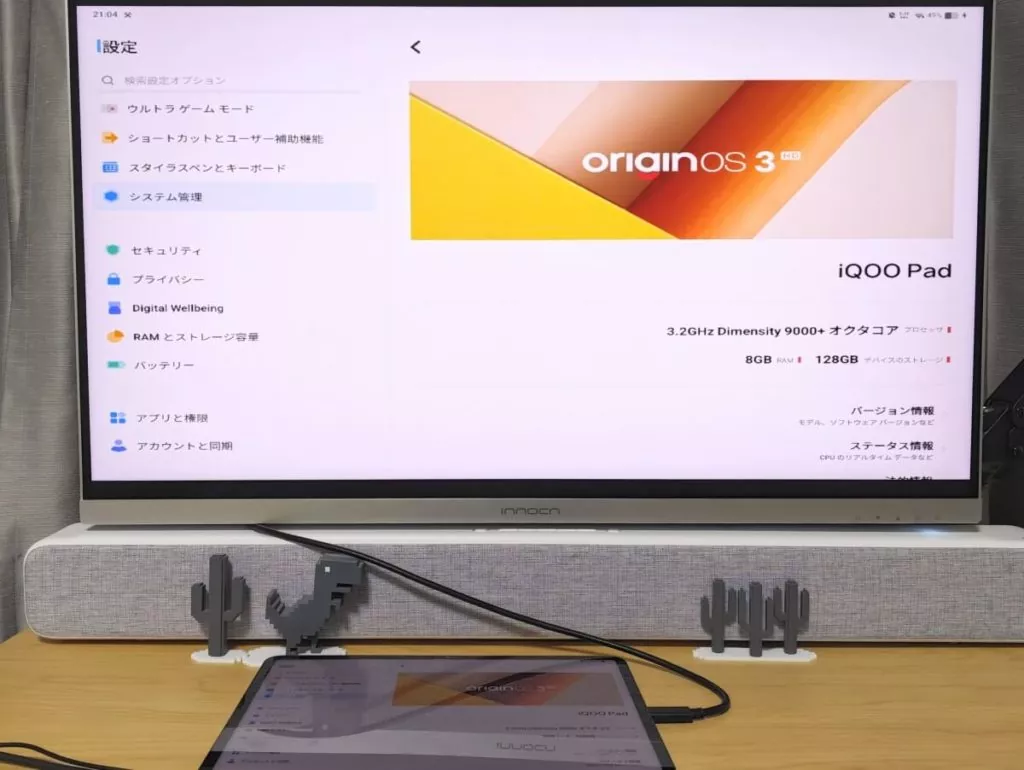 The power and volume buttons are located where the camera is located.
The power and volume buttons are located where the camera is located.
Performance: Peak performance is good but not stable
The iQOO Pad is powered by a MediaTek Dimensity 9000+, which is one of the highest performing Android tablets.
In Geekbench 6, the single-core 1626 and multi-core 3641 were achieved with the package name disguised version (=unaffected by manufacturer’s illegal boost), and the single-core 1775 and multi-core 4499 with the normal version.
The performance seems to be controlled by the package name determination, especially since there is a large difference in the multi-core.
The Dimensity 9000+ shows very little difference from the 9000, even though the maximum clock has been increased from the Dimensity 9000. It is probably the best they can do to make it look good with the benchmark boost.
In Geekbench ML, it froze and forced termination in the middle of the measurement.
In Wild Life Extreme Stress Test in 3DMark with disguised package name, the score was 2540 to 1810, temperature rise was 29°C to 33°C (4°C increase) and battery consumption was 5%.
Compared to the Xiaomi Pad 6 Pro with Snapdragon 8+ Gen 1, it is more prone to performance degradation due to heat generation and does not deliver high performance consistently.
PCMark Work 3.0 (package name disguised), which measures performance in everyday use such as document manipulation, scored 11446.
It has UFS 3.1 storage and LPDDR5 memory.
It’s not very fast for UFS 3.1.
Playing Genshin at the highest quality, 60FPS setting, and Sumeru, and measured by WeTest PerfDog, the average power consumption was 150.39 mW per FPS at 49FPS.
The battery temperature rose to a maximum of about 34.2°C. The area where the camera is located becomes warmer.
After 5 minutes, the frame rate is dropping as the heat generation is causing more and more performance degradation. There is also quite a bit of junk, so it is not a very smooth play.
Also, PerfDog was forced to quit at 15 minutes 43 seconds even though I allow it to consume background battery power and was showing overlays…
The Lenovo Legion Y900 (Lenovo Tab Extreme) with Dimensity 9000 can play at 57.7 FPS on average, and the Xiaomi Pad 6 Pro with Snapdragon 8+ Gen 1 can play at 59.1 FPS and low power consumption on average, so iQOO Pad has lost out to other companies as a gaming tablet…
Conclusion
- Large display area for its size at 7:5
- Supports 120Hz refresh rate
- Six speakers
- 10,000mAh battery
- USB 3.2 Gen 1 port
- Difficult to achieve stable performance
- 144Hz is almost unusable
- Apps are prone to force close
- Video output is strange at the moment
- No fingerprint sensor
- No GPS
The iQOO Pad has high performance in the upper class for an Android tablet, with a 120Hz refresh rate and a 7:5 aspect ratio display that makes websites and comics easy to view.
In gaming, on the other hand, it falls short compared to the Xiaomi Pad 6 Pro with Snapdragon 8+ Gen 1.
The iQOO Pad is available in China from 2399CNY and up.
